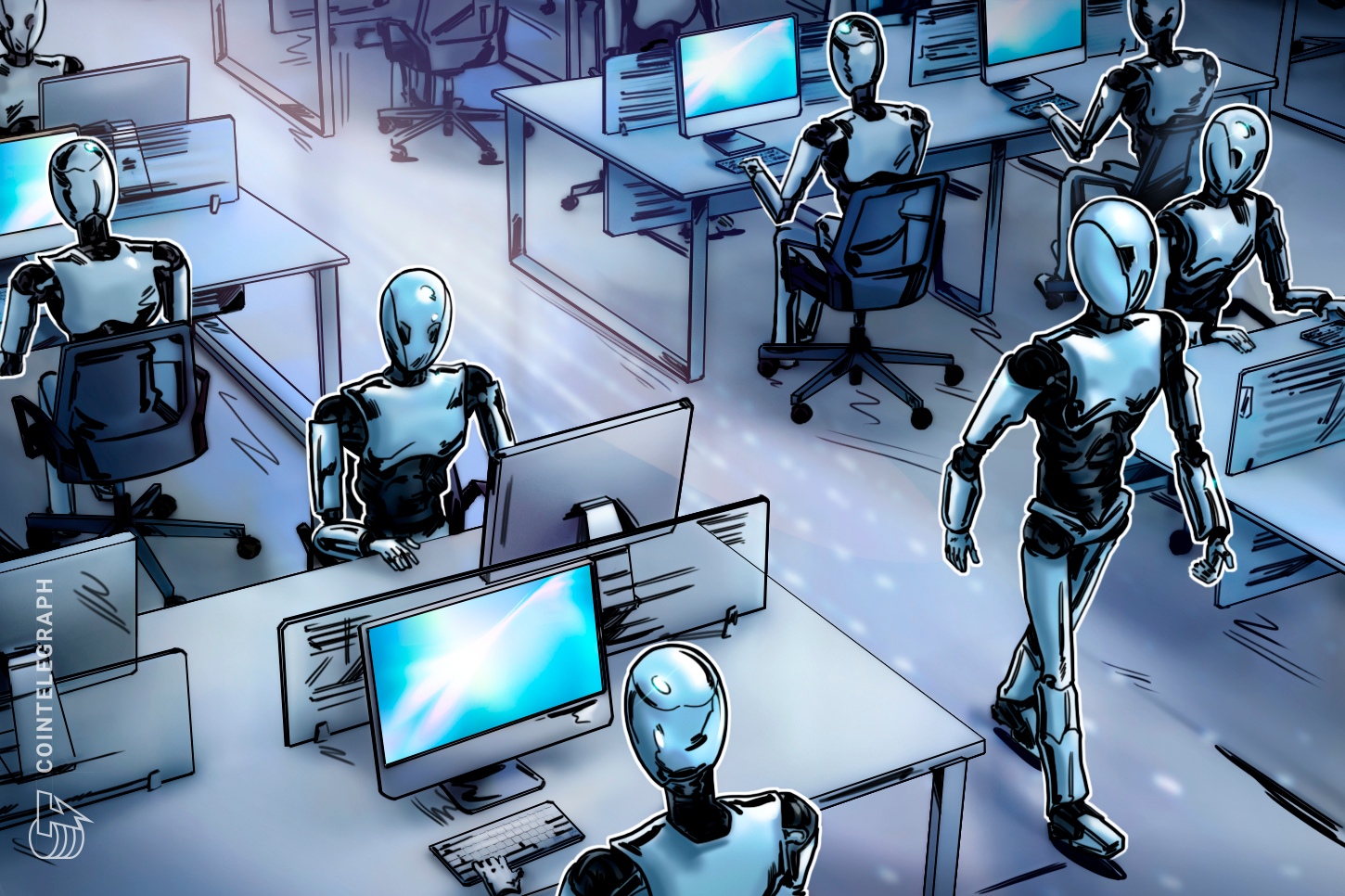High skilled jobs most exposed to AI, impact is still unknown

[ad_1]
An employment outlook paper suggests that highly skilled professions are the most exposed to artificial intelligence while its potential impact on employment is yet to be seen.
The Organisation for Economic Co-operation and Development (OECD) released its latest employment report, with a focus on labour demand and widespread shortages given ongoing high inflation and resulting fiscal policies around the world.
A key takeaway is covered in a chapter dedicated to exploring why there is no significant sign of slowing labour demand due to advancements in AI. Measures of AI exposure show that available tools have shown the most progress in areas requiring “non-routine, cognitive tasks such as information ordering, memorization and perceptual speed”.
Just released: OECD’s 2023 Employment Outlook!
See latest analysis to find out more https://t.co/OoHoiCv9qE#EmploymentOutlook pic.twitter.com/6nSiv4JPMx
— OECD ➡️ Better Policies for Better Lives (@OECD) July 11, 2023
The OECD says these are key qualities of occupations requiring significant training or tertiary education. The research goes on to label “high-skill, white collar jobs” as the most exposed to AI.
Business professionals, managers, chief executives and science and engineering professionals are listed as the main occupations exposed to AI capabilities. Meanwhile food preparation assistants, agriculture, forestry and fishery labourers, cleaners and helpers are named as the least affected occupations by AI.
The publication also takes an in-depth look at evidence on the impact of AI on labour markets, noting that progress in space has been fast, making it hard to distinguish its outputs from those produced by humans.
The report states that the net impact of AI is ambiguous because while AI displaces some jobs, its can also stimulate labour demand by increasing productivity. AI also has the potential to create new tasks, which in part creates new jobs.
“AI will substitute for labour in certain jobs, but it will also create new jobs for which human labour has a competitive advantage.”
Related: AI-related crypto returns rose up to 41% after ChatGPT launched: Study
Meanwhile negative employment effects due to AI advances are hard to find. The OECD cites data which reflects high-skill workers seeing employment gains over the past decade in comparison to low skilled workers.
The chapter also notes that its findings on the impact on specific job levels comes before the advent of large language models like ChatGPT, noting that generative AI could further expand the scope of tasks and jobs that can be automated.
As Cointelegraph previously reported, the AI sector has seen a surge in job seekers, with Google searches for “AI jobs” four times higher than searches for “crypto jobs” during 2021s peak bull run.
Collect this article as an NFT to preserve this moment in history and show your support for independent journalism in the crypto space.
Magazine: ‘Moral responsibility’: Can blockchain really improve trust in AI?
[ad_2]
Source link

